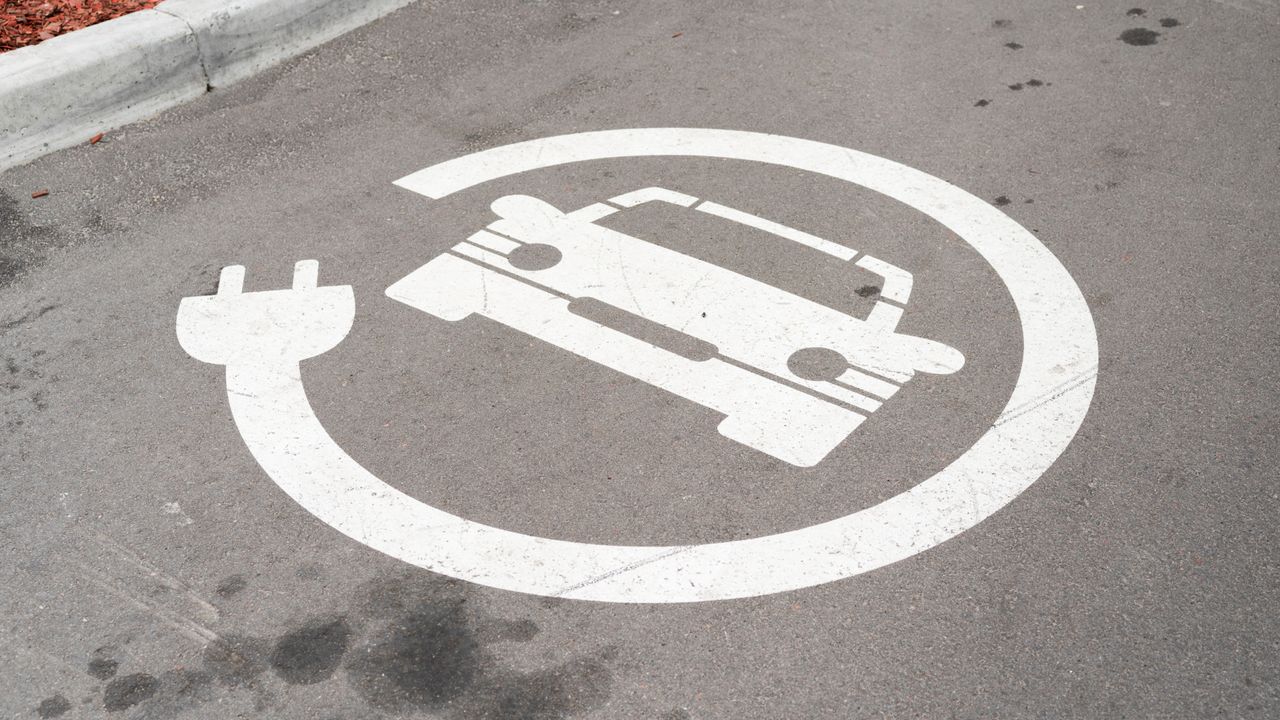Electric Vehicle Charging Infrastructure: A Look into Smart Charging, Wireless Charging, and Charging Service Providers
As the demand for electric vehicles (EVs) continues to rise, the need for a reliable and efficient charging infrastructure becomes increasingly important. Electric vehicle charging infrastructure refers to the network of charging stations and related technologies that enable EV owners to charge their vehicles conveniently and quickly. In this article, we will explore three key aspects of EV charging infrastructure: smart charging, wireless charging, and charging service providers.
Smart Charging
Smart charging is a technology that allows EV owners to optimize their charging process by taking advantage of off-peak electricity rates and managing the load on the electricity grid. With smart charging, EVs can be programmed to charge during times when electricity demand is low, which helps to reduce strain on the grid and minimize energy costs for both the vehicle owner and the utility company.
One of the key benefits of smart charging is its ability to support the integration of renewable energy sources. By charging during periods of high renewable energy generation, such as during the day when solar power is abundant, EVs can effectively become mobile energy storage devices. This not only helps to reduce the carbon footprint of EVs but also contributes to a more sustainable and resilient energy system.
Wireless Charging
Wireless charging, also known as inductive charging, is a technology that allows EVs to charge without the need for physical cables or connectors. Instead, power is transferred from a charging pad on the ground to a receiver pad installed on the underside of the vehicle. This eliminates the need for EV owners to manually plug and unplug their vehicles, making the charging process more convenient and user-friendly.
Wireless charging technology is continuously evolving, with advancements in efficiency and power transfer rates. While the current wireless charging infrastructure is primarily focused on stationary charging pads, there are ongoing efforts to develop dynamic wireless charging systems that can charge vehicles while they are in motion. This technology has the potential to revolutionize the way we charge EVs, enabling seamless charging experiences on highways and roadways.
Charging Service Providers
Charging service providers play a crucial role in the development and operation of EV charging infrastructure. These companies own and operate charging stations, providing EV owners with access to a network of charging points. Charging service providers offer various charging options, including fast charging for quick top-ups and destination charging for longer stays.
Additionally, charging service providers often offer mobile apps or online platforms that allow EV owners to locate and reserve charging stations, monitor charging progress, and make payments. These platforms also provide valuable data on charging patterns and usage, which can be used to optimize the charging infrastructure and improve the overall user experience.
Conclusion
As the adoption of electric vehicles continues to grow, the development of a robust and efficient charging infrastructure becomes paramount. Smart charging technology enables EV owners to optimize their charging process, while wireless charging technology offers a more convenient and user-friendly experience. Charging service providers play a vital role in providing access to charging stations and ensuring a seamless charging experience for EV owners.
By investing in smart charging, wireless charging, and collaborating with charging service providers, we can create a comprehensive and sustainable electric vehicle charging infrastructure that meets the needs of EV owners and supports the transition to a greener transportation system.
